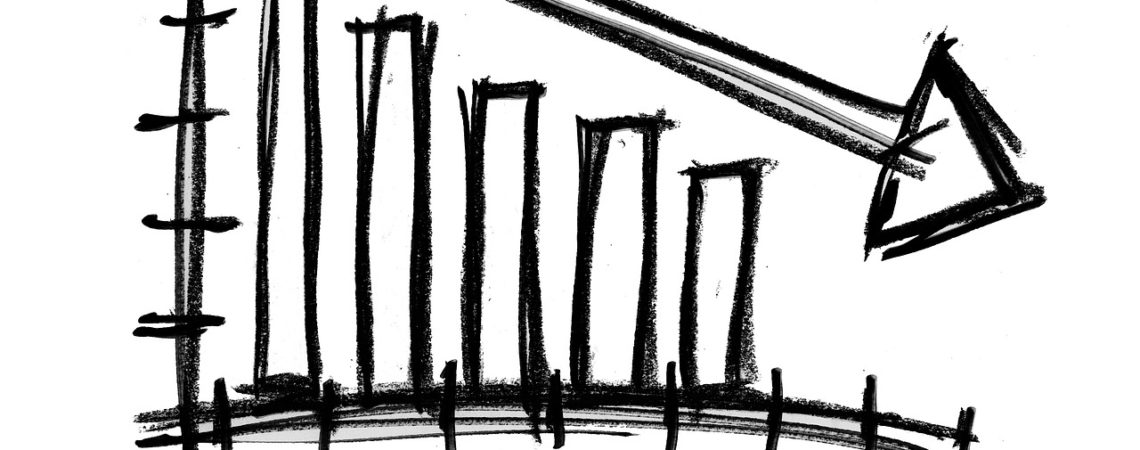With the ongoing trade dispute between the U.S. and China, some experts believe that the Fed will move away from their watchful pose and act to reduce interest rates. We look at these claims, as well as warnings from America’s biggest Hedge fund manager, Ray Dalio, in today’s BAM Blog…
What Experts are Saying
According to an article in the New York Times, as well as other sources, the perceived risks from the ongoing and risky trade war between China and the U.S. may serve to prompt the Fed to adjust interest rates. As we have written previously, the Fed has taken great pains to monitor data and become responsive following the crash. The article also notes that combined with low inflation, the intensifying trade dispute may affect global growth. As we noted in previous articles, Fed head Jerome Powell himself noted that the Fed would watch global economies in addition to what is going on at home. Slowing global growth could prompt action in the form of reduced interest rates, according to some.
Staying Cautious
The article did make the point that although some may discuss lowering interest rates, the Fed will remain cautious ahead of a scheduled meeting in Japan next month. If a deal is reached there between the two countries, tensions would calm and likely the chances of interest rate reduction would also diminish. The Times notes that as 2018 came to a close, worsening economic conditions had moved the Fed from planned rate hikes to a patient “wait-and-see” stance. From this position, if the trade disputes continue, in addition to other global economic factors, a rate reduction may become more likely.
Warnings from Ray Dalio
Writing on a LinkedIn post Bridgewater founder, Ray Dalio, explains why he’s concerned about escalations in the trade dispute between China and U.S. Dalio says that it’s important in this brinskmanship to see what comes next: do we see the tariff war move into an “export embargo war” designed to shut parts of the other country down, for example? He notes that by shutting off supplies to Chinese giant Huawei that the U.S. has already begun to somewhat “weaponize” export controls. Dalio goes on to say that soon after, Chinese President Xi visited a rare metals mine and suggested that China might do the same by shutting down sales of rare metals to the U.S. Such a shutdown would affect products like mobile phones, glasses, gyroscopes, LED lights, and more. Dalio says that using export controls is something he views as a major escalation in any trade war. He also points out the ripple effect for years ahead, regardless of what is negotiated.
The BAM Bottom Line: Just like the Fed, we’re going to have to wait and see what is negotiated, and what factors motivate the Fed to remain in their cautious stance of wait/watch or moving forward to reduce the interest rate.



